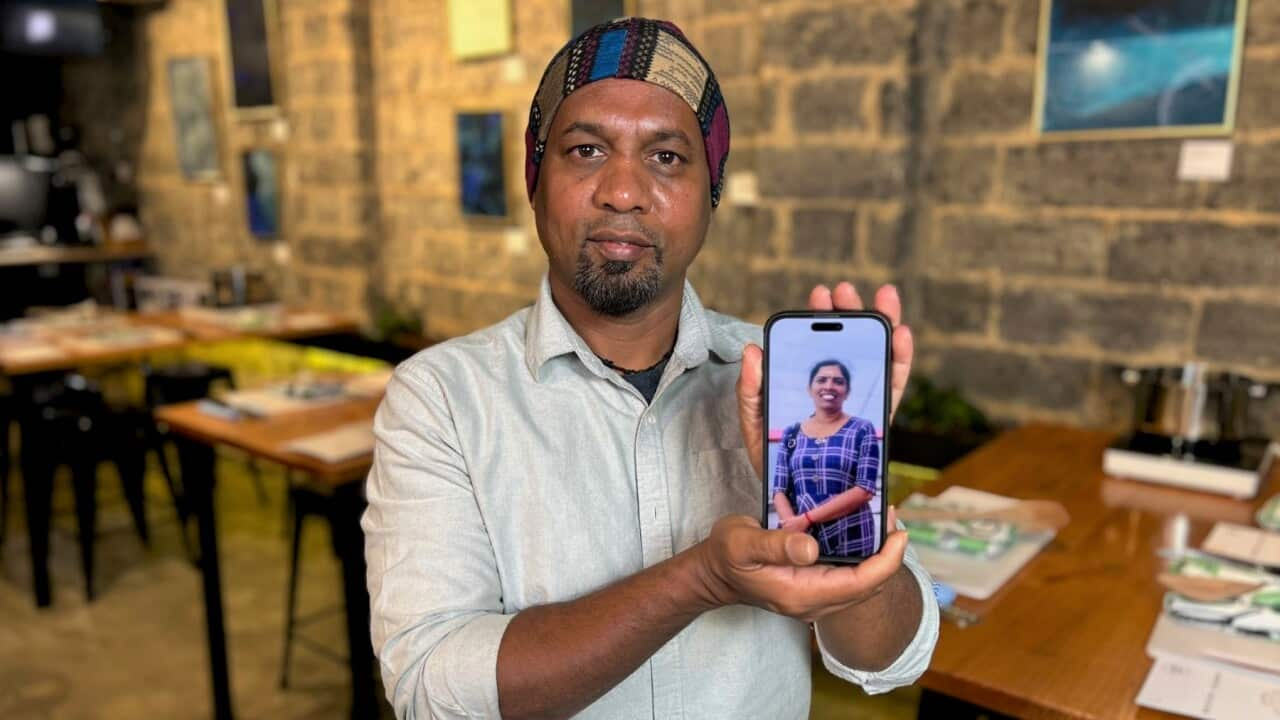TRANSCRIPT
It's a moment that's been years in the making.
The first national plan to combat racism embedded in institutions across society was formally launched by the Australian Human Rights Commission at an event in Western Sydney, attended by advocates from First Nations and culturally and linguistically diverse communities.
The National Anti-Racism Framework was developed in consultation with hundreds of organisations, communities, peak bodies and government departments.
Race Discrimination Commissioner Giridharan Sivaraman said the consultation process revealed some heartbreaking stories of the impacts of systemic racism.
"People think, 'if I don't see someone being racist to someone else or if I'm not directly racist to someone else', then racism isn't happening. But just because you don't see interpersonal racism, doesn't mean that we don't have systemic and institutional racism. and there was so many examples of that. There was one example that struck me, and African woman, whose who took her child to see a doctor, who is a result of the doctor ignoring her wishes, and in disrespecting, a cultural safety, the child ended up with permanent hearing impairment, and still has that now, and they never complained about it because they feel like they'd never be listened to There was no interpersonal racism there, but there was a systemic racism that led to a lifelong disability for this child."
The framework includes 63 recommendations, proposing reforms across the Legal and Justice system, which includes addressing issues including deaths in custody, raising the age of criminal responsibility, and tackling far right extremism and white supremacy.
It also recommends changes in workplaces, education, media, healthcare and strengthening the collection of data.
The framework calls on the Federal Government to set up a National Anti-Racism Taskforce, which will sit separately to newly created antisemitism and Islamophobia envoys, and develop a plan specific to First Nations people.
Something that's necessary, Mr Sivaraman says, because First Nations people have unique experiences of racism.
"First Nations people's experience is different in the sense that racism that someone like me experiences is a denial of equity, dignity and respect. The racism a First Nations person experiences, is a denial of equity, dignity and respect, but it is also a denial of self-determination and sovereignty because that is the foundation of this country. I've benefited from the racism, the disposition of their land. I like all settlers before and after me, so we have to recognize that unique position they're in and that is why the national integration framework is actually First Nations centered."
The framework recommends truth-telling as the first step to addressing systemic racism affecting first nations people - particularly those communities that feel disillusioned and unheard after the Voice referendum.
Marni Tuala - Chief Executive of First Nations Co and a proud Bundjalung and Wonnarua woman - says the road map to eliminating racism is crucial.
"It's been described as a new era, the post voice era, and it has been described by communities across the country as the most publicised and violent act of political racism that Our Generations ever seen. I think that in itself, it's a real wake-up call for our country. It's a real wake up call that we need to start using the word racism, people sort of you know tiptoe around it, the word itself. But we really need to call it out for what it is. It's the root cause of our poorer outcomes."
Ms Tuala also said the collection of data will be an important step toward formally recording experiences of racism, in a consistent way, so as to understand how to combat it.
"Experiences of racism within our sectors. Currently they are most likely to be handled under bullying or harassment or grievance complaints within an institution. It's not the appropriate place, we need anti-racism frameworks and anti-racism reporting mechanisms. And collecting the same sets of data. So, any consistent data sets to really see what that picture looks like on a systemic level. How do you report on it? How do you measure it and then how do you, you know, build that accountability."
The Race Discrimination Commissioner says there's both a moral and economic imperative behind the plan - saying research from Deakin University shows racism costs the nation nearly 38 billion dollars a year.
"You'll never get any form of social cohesion, which is a bit of a buzzword for governments and others without actually dealing with racism first. So, I think it's actually in everyone's benefit just to, to embrace this framework, because it will help all of us. If everyone is able to thrive and prosper, you'll have a better Society.
A spokesperson for the Attorney General said the Government is now carefully considering the recommendations.













